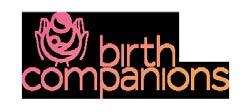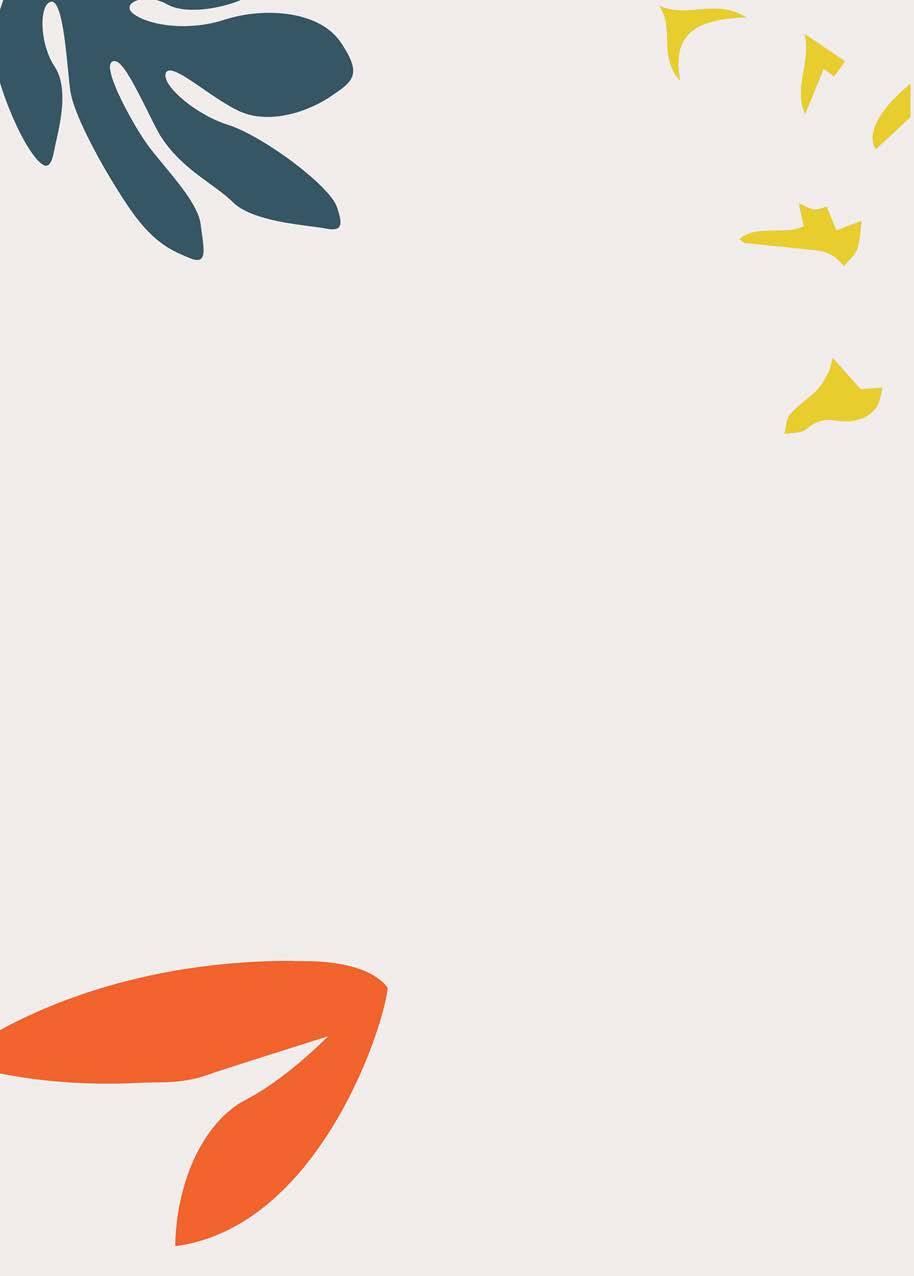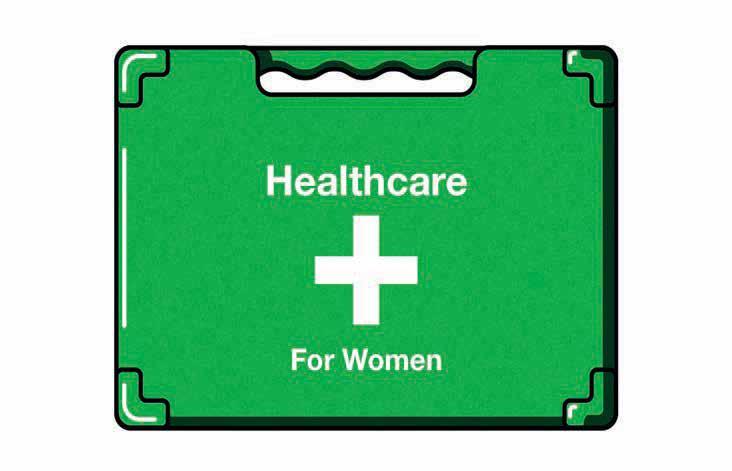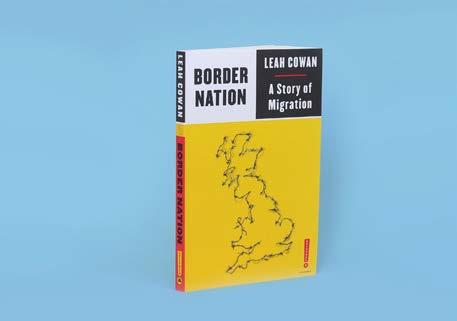
8 minute read
Women in Prison campaigns #StopThe500 and Pregnancy in Prison
By Sorana Vieru,
WIP’s Head of Campaigns and Public Affairs
Advertisement
#StopThe500
Women in Prison (WIP) have been busy calling on the Government to reverse their plans to build 500 new prison places for women, which were announced in January 2021. We believe building more prisons will only shatter more lives and unnecessarily tear more families and communities apart.
We know 9 in 10 children have to leave their home when their mother goes to prison, as women are often primary carers.
The plans fly in the face of the Government’s own strategy, which commits to reducing the number of women in prison.
There is another way.
Local specialist services such as Women’s Centres, which you can read more about on pages 30-33, are already embedded in many communities across the country, providing an anchor to stop women being swept up into crime. The Government can choose to invest in these and fulfil their commitment to reduce the number of women in prison, rather than go against it by building more prison places.
In July 2021, we co-ordinated a joint letter to the Secretary of State for Justice signed by over 70 organisations spanning the housing, domestic abuse, criminal justice, midwifery, mental health, and children’s sectors to make the case for community solutions instead.
We are continuing to campaign to make sure our voices are heard by the Government and fighting for investment in community-based services that support women to tackle the root causes of being drawn into the criminal justice system in the first place, like domestic abuse and poverty.
Pregnancy in prison campaign
[TRIGGER WARNING: baby loss]

Together with Birth Companions, Level Up and a group of mothers who have been pregnant in prison, we’ve launched a campaign demanding a change in the law to end prison sentences for pregnant women and new mothers. The call follows the publication of a report from the Prisons and Probation Ombudsman on the investigation into the death of a newborn baby whose mother gave birth alone in her cell at Bronzefield prison in 2019, one of two baby deaths in the women’s prison estate in the past two years.
But every year, pregnant women are detained and give birth in UK prisons, with 1 in 10 giving birth in their cell or on the way to hospital.
We’re calling on the Government to strengthen the law so that judges legally have to consider the health of pregnant women and their babies, and avoid sending them to prison wherever possible.
We’ve launched a petition for the Justice Secretary which has been signed by over 7,700 people so far.

You can find Birth Companions’ books, Inside Guide to Pregnancy and Birth and Motherhood in Prison, in many prison libraries. They can also be provided on request to prison libraries. Birth Companions provide support in a number of women’s prisons: HMP Bronzefield, HMP Foston Hall and HMP Peterborough.
Birth Companions’ contact details
Email: info@birthcompanions.org.uk Messages only: 0207 117 2824 If you’ve been affected by this article and would like to share your experience with us, you can write to us at:
Freepost WOMEN IN PRISON
LEGAL & GENERAL ADVICE Prison Reform Trust Advice and
Information Service: 0808 802 0060 Monday 3pm–5pm Wednesday and Thursday 10:30am–12:30pm
Prisoners’ Advice Service (PAS):
PO Box 46199, London, EC1M 4XA 0207 253 3323 Open Monday, Wednesday and Friday 10am–12:30pm and 2pm–4:30pm, Tuesday evenings 4:30pm–7pm
Rights of Women
l Family law helpline 020 7251 6577 Open Tuesday–Thursday 7pm–9pm and Friday 12–2pm (excluding Bank Holidays). l Criminal law helpline 020 7251 8887 Open Tuesdays 2pm–4pm and 7pm–9pm, Thursday 2pm–4pm and Friday 10am–12pm l Immigration and asylum law helpline 020 7490 7689 Monday 10am–1pm and 2pm–5pm, Thursday 10am–1pm and 2pm–5pm
HARMFUL SUBSTANCE USE SUPPORT Frank Helpline:
0300 123 6600 Open 24 hours, 7 days a week.
Action on Addiction Helpline:
0300 330 0659
DOMESTIC VIOLENCE National Domestic Abuse Helpline:
0808 2000 247 Open 24 hours.
LGBTQ+ Bent Bars
A letter writing project for LGBTQ+ and gender non-conforming people in prison. Bent Bars Project, PO Box 66754, London, WC1A 9BF
Books Beyond Bars
Connecting LGBTQIA+ people in prison with books and educational resources. Books Beyond Bars, PO Box 5554, Manchester, M61 0SQ

HOUSING Shelter Helpline:
0808 800 4444 Open 8am–8pm on weekdays and 9am–5pm on weekends.
NACRO
information and advice line: 0300 123 1999
FAMILY SUPPORT National Prisoners’ Families Helpline:
0808 808 2003 Open Monday-Friday 9am–8pm and on Saturday and Sunday 10am–3pm (excluding Bank Holidays).
OTHER Cruse Bereavement Care
0808 808 1677 Open Monday–Friday 9:30am–5pm, Tuesday, Wednesday and Thursday 9:30am–8pm and weekends 10am–2pm.
Samaritans
116 123
Disclaimer: please be aware that some helplines will be operating under new opening hours due to the COVID-19 pandemic.
PPaint
Women in Prison (WIP) Consent Form
We love to receive artwork, poetry, stories, articles, letters, knitting patterns, recipes, craft ideas etc., for publication in the magazine from women affected by the criminal justice system in prison or the community. Please complete and tear out this form to send along with your piece so that we know you are happy for us to publish your work and what name you would like to use. Please note that we are unable to return any of the written pieces or artwork that you send to us for publication. Thank you for your contribution! All the best, the Women in Prison Team.
Please use CAPITAL letters to complete
First Name Surname
Prison or Women
Centre (if applicable)
Any Contact Details
(email, address, phone)
Title of your piece
(If relevant)
Prison No.
(if applicable)
Basic description (e.g. a letter in response to... or a poem or an article on...)
I give permission for my work to be used by Women in Prison (PLEASE TICK):
WIP’s magazine (Still I Rise)
Yes n No n WIP’s online platforms (our website, www.womeninprison.org.uk, and social media, including Twitter, Instagram, Facebook and LinkedIn) Yes n No n WIP’s Publications & Promotional Materials (i.e. reports, leaflets, briefings) Yes n No n
Please note we only publish first names (no surnames) and the name of the prison or Women’s Centre in the magazine (we don’t publish prison names in other publications or online). You can of course choose to be Anonymous (no name used) or write a nickname or made up name.
I am happy for my first name to be published
Yes n No n
Please write exactly what name you would like to be used:
Freepost – WOMEN IN PRISON (in capitals)
No stamp is required and nothing else is needed on the envelope.
What does Women in Prison believe? How does that influence how we work?
Chris Tchaikovsky set up Women in Prison (WIP) over 30 years ago, after serving a sentence in HMP Holloway. Upon her release, she campaigned tirelessly to improve conditions inside prison, to widen the knowledge and understanding of the judiciary about women affected by the criminal justice system, and to end the use of incarceration for all but a tiny number of women.
Chris said: ‘Taking the most hurt people out of society and punishing them in order to teach them how to live within society is, at best, futile. Whatever else a prisoner knows, she knows everything there is to know about punishment – because that is exactlywhat she has grown up with. Childhood sexual abuse, indifference, neglect – punishment is most familiar to her.’ l Women in Prison continues to campaign for the radical reduction of the women’s prison population and for significant investment and growth in community-based support services, especially the network of Women’s Centres. l Women in Prison recognises that every woman has her own assets and capabilities. These are valuable tools in making real and lasting changes to their lives, but they are too often undermined by the experience of prison. l Women in Prison is a women-only organisation. It believes that men and women’s experiences of the criminal justice system have some similarities, but many more differences. Too often these differences, such as being a single parent and primary carer, fail to be properly acknowledged and understood, which adds to the punishment already exacted. l Women in Prison workers, inside and outside prison, endeavour to offer individual women a consistently professional relationship based on trust and mutual respect, and kept within appropriate boundaries. Their aim is to work with women affected by the criminal justice system, so they can achieve the change they choose to make. l Women in Prison knows, from experience and research, that prisons do not deal with the root causes which bring women in contact with the criminal justice system. l Women in Prison believes that the most effective way to reduce women’s offending is to deal with its root causes – including poverty, gender and racial inequality, and other social injustices – through community alternatives like Women’s Centres.
Sitting Together. A piece of artwork from the The I and the We Koestler Arts 2021 exhibition, which showcases artwork from people in prison. See our feature about Koestler Arts on page 8.

The national magazine of Women in Prison written by and for women affected by the criminal justice system









